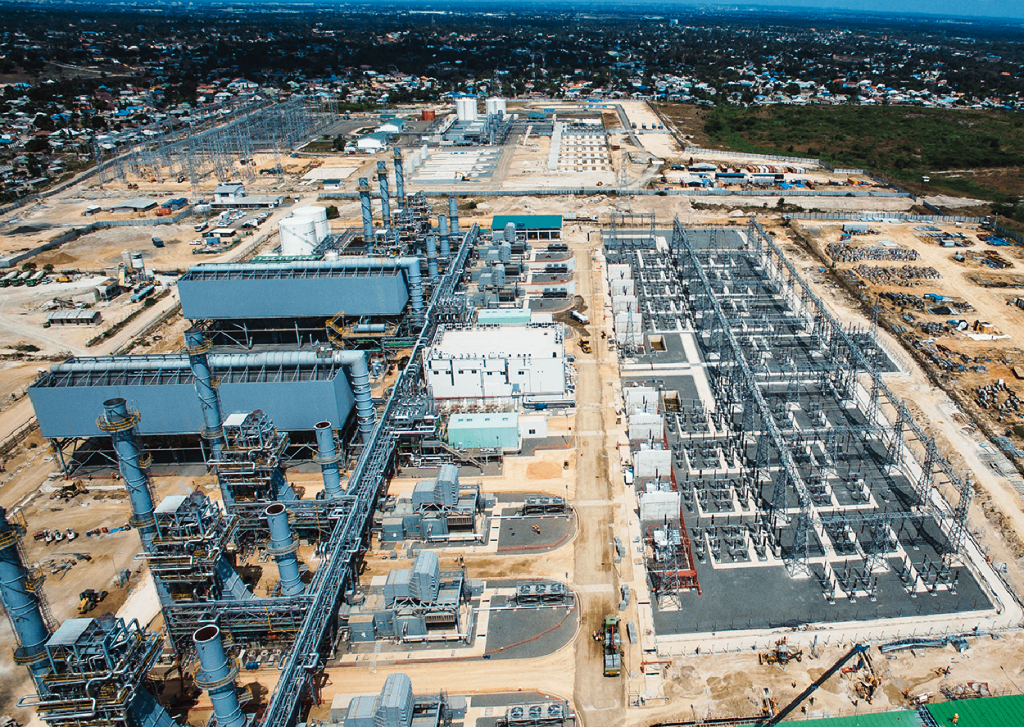Author: DEOGRATIUS KAMAGI
AfricaPress-Tanzania: TANZANIA has registered remarkable achievements in the energy sector, notably power supply in the past five years.
From development of new power infrastructures to increased access to electricity, the fifth-phase government has made huge strides towards developing the energy sector.
Overall electricity access rate has increased from 67.8 per cent in 2016 to 84.6 per cent in the first half of 2020, with many projects currently implemented across the country.
President John Magufuli’s regime has walked the talk by effectively reforming the energy sector to the extent of ensuring no simultaneous power cuts.
Under his administration, the Tanzania Electricity Supply Company Limited (Tanesco), under the supervision of the Ministry of Energy, has notably managed to add four more regions into the national grid, to ensure adequate supply of the electricity in those regions.
According to the Ministry of Energy’s 2020/21 budget, tabled in the House by the Minister for Energy, Dr Medard Kaleman in May, this year, the added regions are Lindi, Mtwara, Ruvuma and Njombe.
The addition of the regions to the national grid has enabled the government to save 15.3bn/- that were spent annually on buying crude oil that were running the generators for power production.
The government has also completed the construction of 220Kilovolts transmission lines from Makambako in (Njombe region) to Songea (Ruvuma region), connecting new 122 villages to the national grid.
More than 1.2 million new customers have been supplied with power, making a total of customers who have been supplied with electricity by April 2020 to stand at 2.7 million compared to 1.47 million customers as per statistics of June 2015.
The country has witnessed a milestone achievement in rural electrification during the past five years through Rural Energy Authority (REA) projects, which has enabled many rural areas to have access to reliable power services.
“There is also an increase of the overall electricity access rate from 67.8 per cent in 2016 to 84.6 per cent in 2020,” Dr Kalemani informed the parliament when tabling his ministry’s budget estimates.
Aimed at cutting the costs of power installation, the government banned the importation of poles. In the past the country used to import poles despite leading in wood production in the region and a major exporter of the same commodity.
The ban sought to curb misappropriation of resources and public funds, which often led to financial constraints that hindered Tanesco from delivering quality services to its customers.
This has massively helped cut down the costs for connecting electricity to households and saved time for processing poles outside the country.
The decision to ban the importation of poles was in line with the government’s determination to cut down the unnecessary expenditures, for further expansion of its services and market base.
It was believed that some of the poles were exported as raw materials to the processing countries and later imported back at higher prices.
However, in order to enhance sustainable supply of electricity, guarantee timely and quality services the government has started using concrete poles which last longer and work effectively.
Dr Kalemani noted the government had resolved to stop using wood poles and switch to concrete ones in order to improve power supply.
The adoption of concrete poles is expected to save 67bn/-, which has been spent annually on maintaining and replacing wooden poles.
According to the minister, the use of concrete poles will improve efficiency in the energy sector and ensure reliable power to customers.
He said the new concrete poles will be domestically produced, and that the government has already opened doors for various investors to start making them.
So far, concrete poles have been used in special projects such as Julius Nyerere Hydro Power Plant along Rufiji River within the Selous Game Reserve.
According to the Director Engineer of the Tanzania Concrete Poles Company Limited (TCPM) Yusuf Kitivo, the use of concrete poles had shown positive results in improving power supply services.
On his part, Burton Nsemwa from Lukolo Company which deals with production of concrete poles, the government move will open an opportunity to local investors to contribute to the development of their nation.
The Energy minister insists that the current power production was sufficient to meet the country’s demand.
“We have sufficient power … there is no need for people to experience frequent power outages due to maintenance and replacement of damaged infrastructure,” said the minister.







